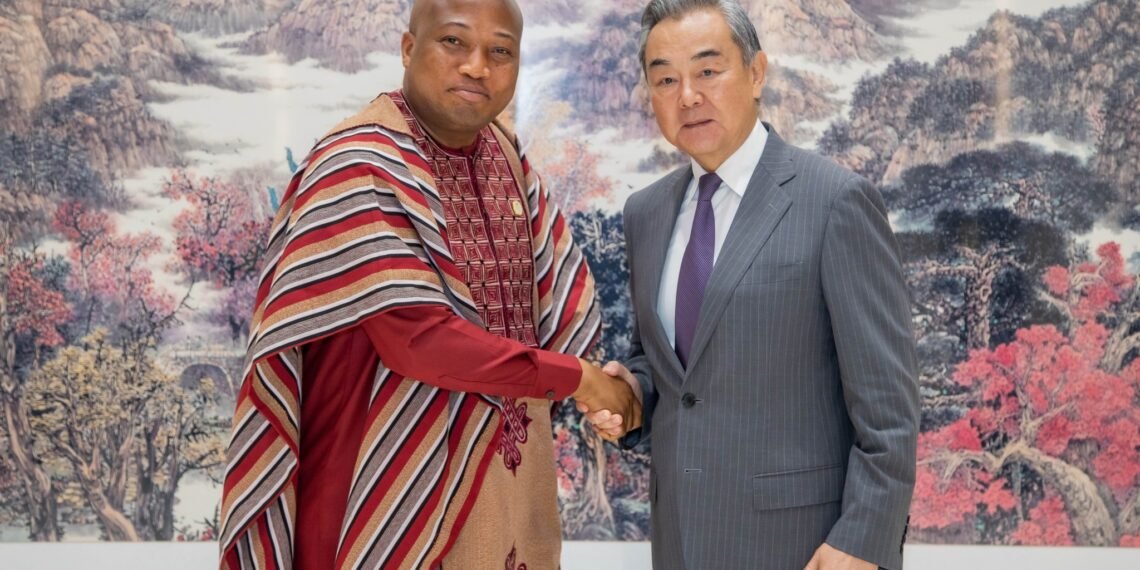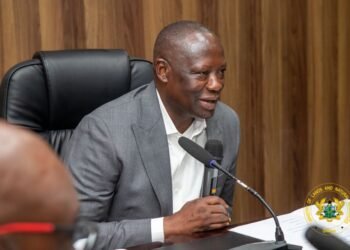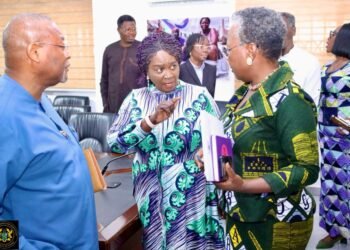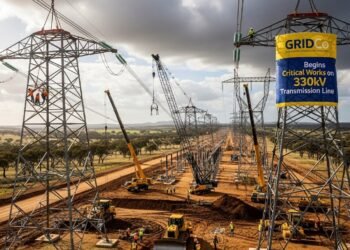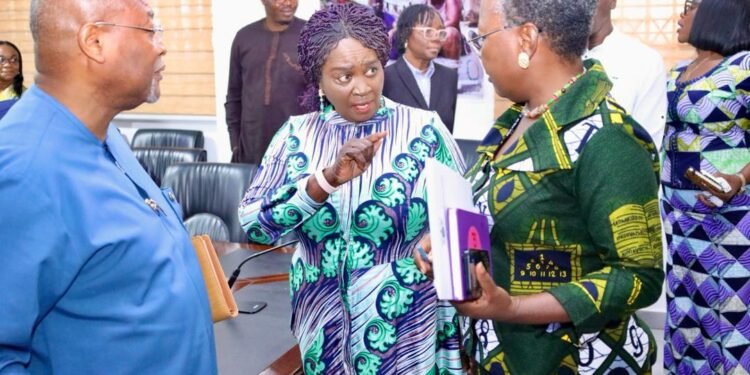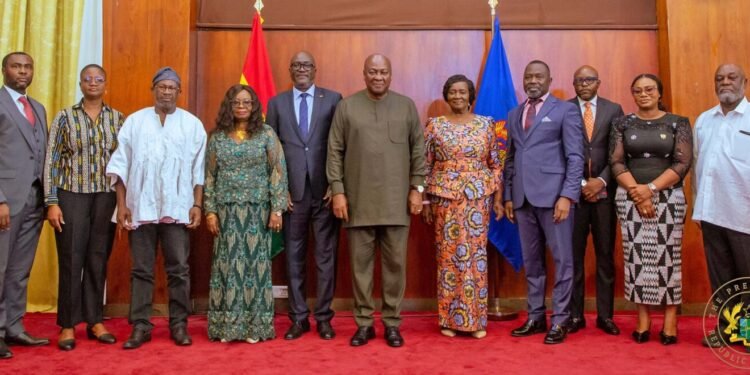Ghana has obtained a historic 0% tariff on all of its exports to China, a move that will fundamentally alter the country’s economic course.
This agreement was reached during fruitful talks between Ghana’s Minister for Foreign Affairs, Hon. Samuel Okudzeto Ablakwa and China’s Foreign Minister, His Excellency Wang Yi.
The discussions, which took place in Changsha, China, on the fringes of the current China-Africa summit, highlight a strong dedication to using diplomacy to bring about real national change.
“China is Ghana’s number one trading partner, with last year’s trade volume exceeding US$ 11 billion. This 0% tariff on 100% of goods from Ghana and other African countries will bolster trade, create jobs and produce more Ghanaian entrepreneurs.”
Hon. Samuel Okudzeto Ablakwa, Ghana’s Minister for Foreign Affairs
Beyond the immediate trade benefits, the diplomatic discussions delved into ambitious new industrial projects aligned with President Mahama’s vision for Ghana’s economic diversification and industrialisation.

According to Hon. Ablakwa, a key area of focus was the exploitation of Ghana’s bauxite reserves to establish an integrated aluminium industry, a move designed to add significant value to raw materials before export.
This ambitious undertaking is envisioned to be powered by modern rail infrastructure, underscoring a holistic approach to industrial development that integrates resource extraction with efficient transportation networks.
Establishing an Electric Car Manufacturing Plant
Furthermore, Ghana’s Foreign Affairs Minister disclosed that a forward-looking agreement was also reached to work towards establishing an electric car manufacturing plant in Ghana.
This groundbreaking initiative, anchored on Ghana’s strategic lithium deposits, Hon. Ablakwa noted, positions the nation at the forefront of the burgeoning global electric vehicle market, promising to create high-skilled jobs and attract further foreign direct investment.
Hon. Ablakwa further indicated that the spirit of cooperation and mutual benefit that characterised these talks will soon be cemented through the signing of a special Economic Partnership Agreement between Ghana and China.
He emphasised that the comprehensive agreement aims to concretise the multifaceted partnership, providing a robust framework for sustained collaboration across various sectors.

Hon. Samuel Okudzeto Ablakwa stressed that President Mahama’s administration is firmly committed to leveraging such strategic diplomacy for the holistic transformation of the country.
This diplomatic approach, he noted, harks back to the pioneering efforts of Ghana’s first President, Kwame Nkrumah, and Chairman Mao, whose foresight laid the groundwork for a relationship that, 65 years on, continues to yield significant dividends for both nations.
Implications of 0% Tariff
To grasp the profound implications of the 0% tariff agreement, it is essential to understand what a tariff entails. A renowned Economist and Computer Scientist Kweku Opoku-Agyemang, Ph.D., elucidated that a tariff is essentially an “import fee” levied by a country on foreign goods entering its borders.
By reducing these tariffs to zero, Dr Opoku-Agyemang noted that Ghanaian products, ranging from cocoa to minerals, will become significantly cheaper and more competitive in China’s vast 1.4-billion-person market.
For him, the direct benefit of this zero-tariff arrangement is that more money for Ghanaian farmers and businesses. He also asserted that the elimination of these import fees translates into increased profitability for exporters, incentivising greater production and investment.
Dr. Opoku-Agyemang further likened it to a “buy Ghana” discount, predicting a potential surge in sales for Ghanaian goods relative to competitors within the Chinese market.
This strategic advantage is poised to bolster trade volumes beyond the US$1.2 billion in Ghanaian exports to China recorded in 2023.

Beyond immediate financial gains, Dr Opoku-Agyemang noted that the ripple effects are expected to be transformative, fostering job creation across various sectors and nurturing the emergence of a new generation of Ghanaian entrepreneurs equipped to tap into one of the world’s largest consumer bases.
“This 0% tariff is a game-changer for Ghana-China ties. Let’s watch how it unfolds—more trade, more power, or more of something else? Time will tell. But if you sell your wares in China as a Ghanaian, you will be very happy with this news”.
Kweku Opoku-Agyemang, Ph.D., Economist and Computer Scientist
The broader implications extend beyond Ghana’s borders, with the economist suggesting that businesses in other West African countries might strongly consider relocating to Ghana to benefit from this preferential trade status over time.
Such a scenario could elevate Ghana’s position as a regional economic hub, attracting investment and fostering greater intra-African trade integration.
For him, the unfolding narrative of this renewed partnership will reveal the full extent of its power, not just in terms of increased trade but also in bolstering Ghana’s economic resilience and its strategic influence on the continent.
READ ALSO: ORAL Campaign Gains Momentum

